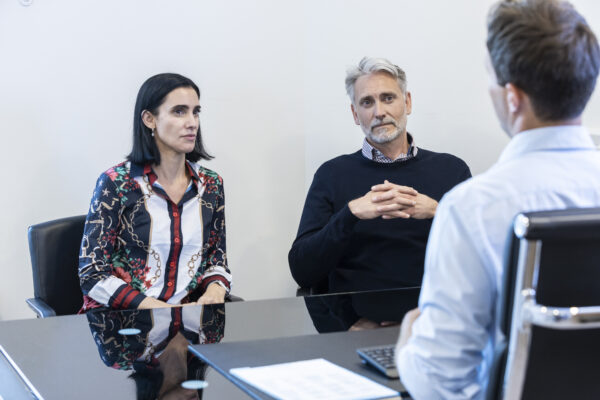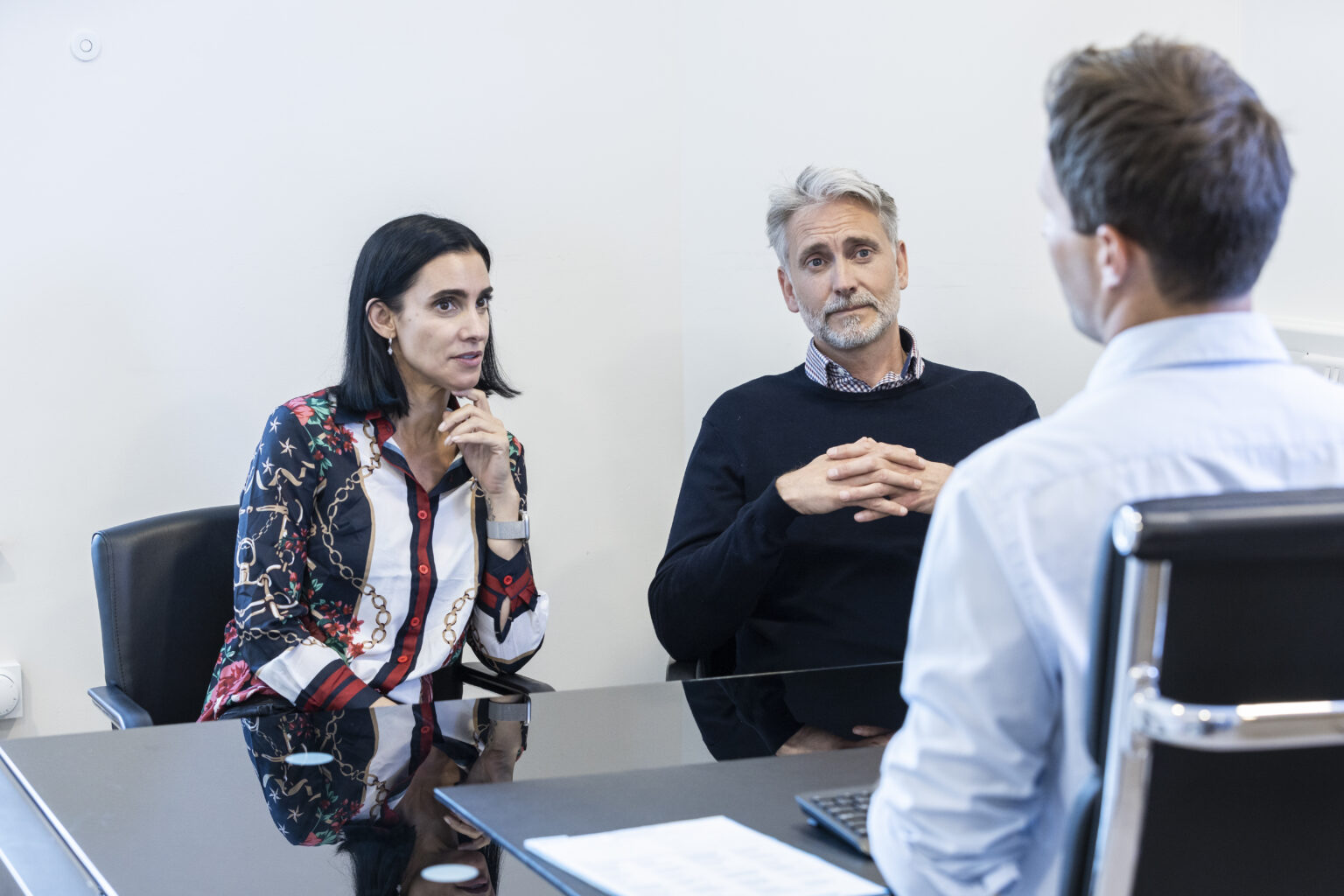Contact number: 020 7806 4060
What is Shoulder Arthroscopy?
Shoulder arthroscopy involves the use of a small camera (arthroscope) and specialised instruments inserted through tiny incisions in the shoulder. This allows surgeons to view, diagnose, and treat shoulder conditions with minimal disruption to surrounding tissues.
Conditions commonly treated with shoulder arthroscopy include:
- Rotator cuff tears
- Shoulder impingement
- Labral tears (SLAP tears)
- Frozen shoulder
- Shoulder instability or recurrent dislocations
The procedure is often recommended when non-surgical treatments, such as physiotherapy or injections, have not provided sufficient relief.
Shoulder Arthroscopy at St John & St Elizabeth Hospital
At St John & St Elizabeth Hospital, we provide personalised care for patients undergoing shoulder arthroscopy. Our experienced orthopaedic surgeons work closely with you to determine the most effective treatment plan.
Why choose us for shoulder arthroscopy?
- Specialist Orthopaedic Surgeons: Our consultants are highly skilled in arthroscopic techniques for diagnosing and treating shoulder conditions.
- Minimally Invasive Approach: Keyhole surgery reduces scarring, pain, and recovery time compared to traditional open surgery.
- State-of-the-Art Facilities: Our hospital is equipped with advanced surgical and imaging tools to ensure precise and effective care.
- Accessible Location: Conveniently located in NW8, we serve patients from Hampstead (NW3), Kilburn (NW6), and across London.
We are dedicated to helping you achieve long-term pain relief and improved shoulder function through expert care.
Consultants who perform Shoulder Arthroscopy in London
Frequently Asked Questions About Shoulder Arthroscopy
St John & St Elizabeth Hospital is located in St John’s Wood (NW8), a well-connected area of North West London. We are conveniently accessible for patients from Hampstead (NW3), Kilburn (NW6), and beyond.
By Tube:
- St John’s Wood station (Jubilee Line) is just a 5-minute walk from the hospital.
- Finchley Road (NW3) and Kilburn stations (NW6) on the Jubilee Line provide excellent connections.
By Bus:
- Wellington Road: Routes 13, 46, 82, and 113 stop near St John’s Wood Underground Station, just a short walk from the hospital.
- Circus Road: Routes 46 and 187 stop close to the hospital’s Circus Road entrance.
- Abbey Road: Routes 139 and 189 stop near the junction where Grove End Road becomes Abbey Road, providing easy access.
Major Roads:
If you’re travelling from NW3 or NW6, major routes such as Finchley Road or Kilburn High Road offer a direct approach to the hospital.
The procedure typically takes 30 to 90 minutes, depending on the complexity of the condition being treated.
The surgery is performed under anaesthesia, so you won’t feel pain during the procedure. Mild discomfort and swelling are normal afterwards and can be managed with pain relief medication and rest.
Most patients can return to light activities within a few weeks. Full recovery, including a return to sports or heavy lifting, typically takes three to six months with physiotherapy support.
Shoulder arthroscopy is recommended for patients with persistent pain, stiffness, or instability that has not improved with non-surgical treatments such as physiotherapy, injections, or rest.


